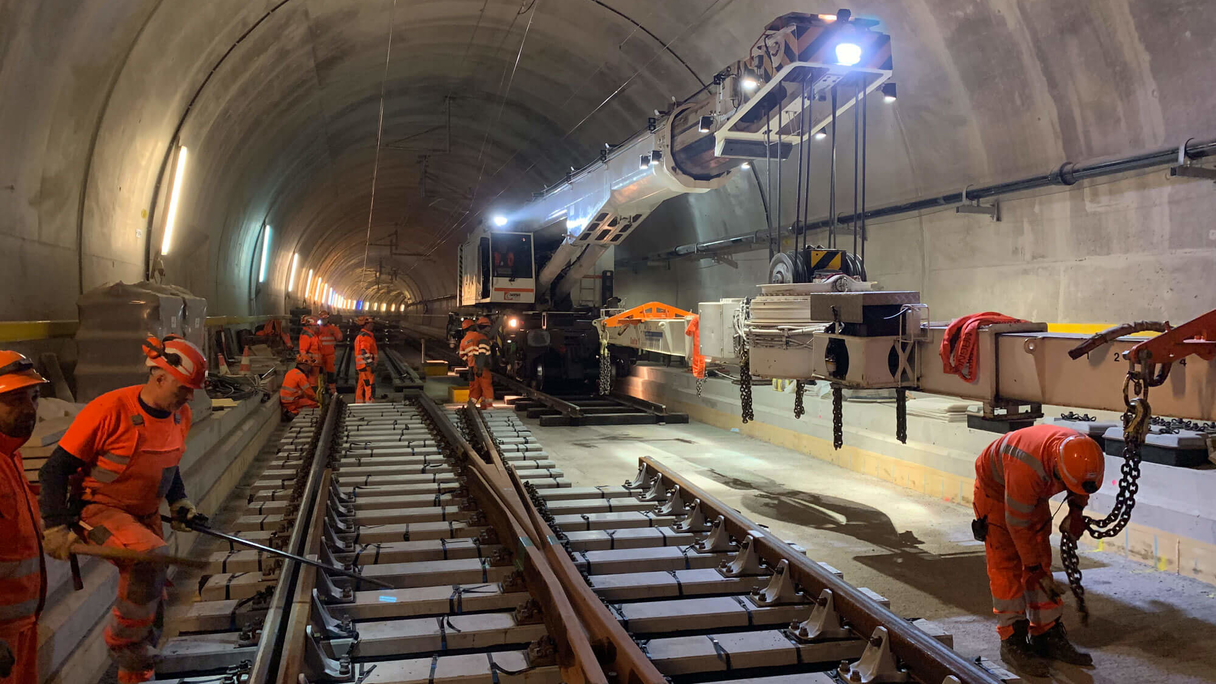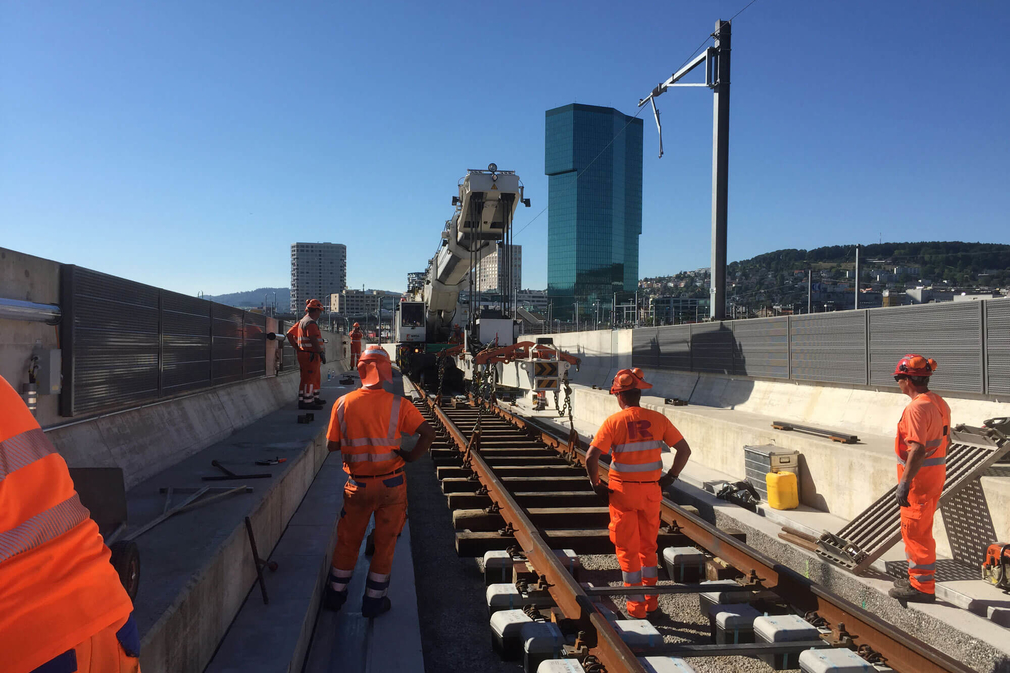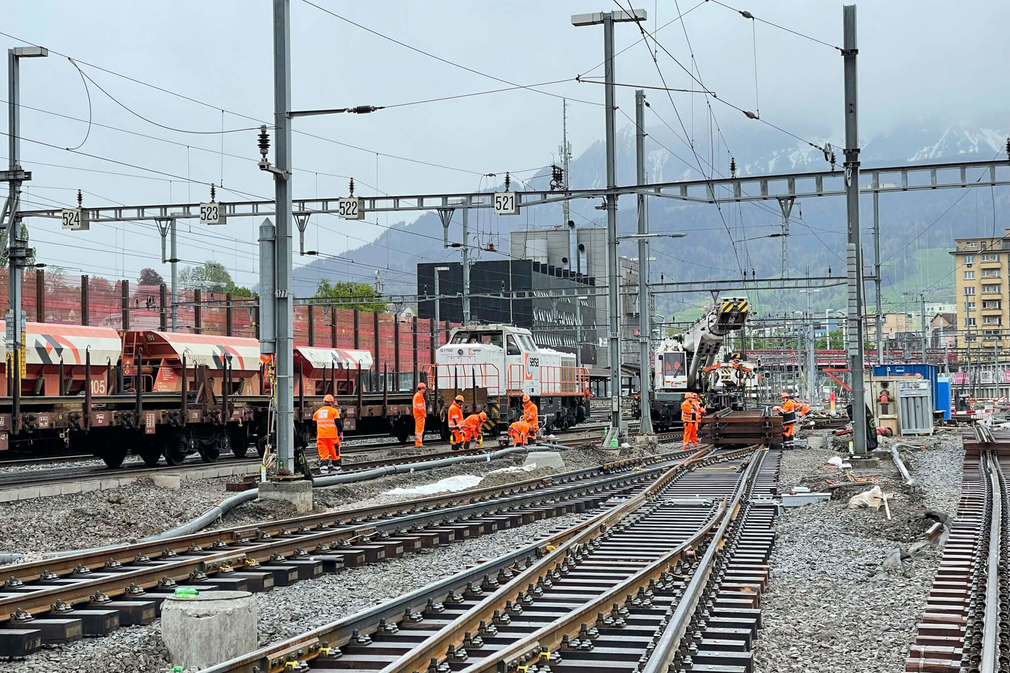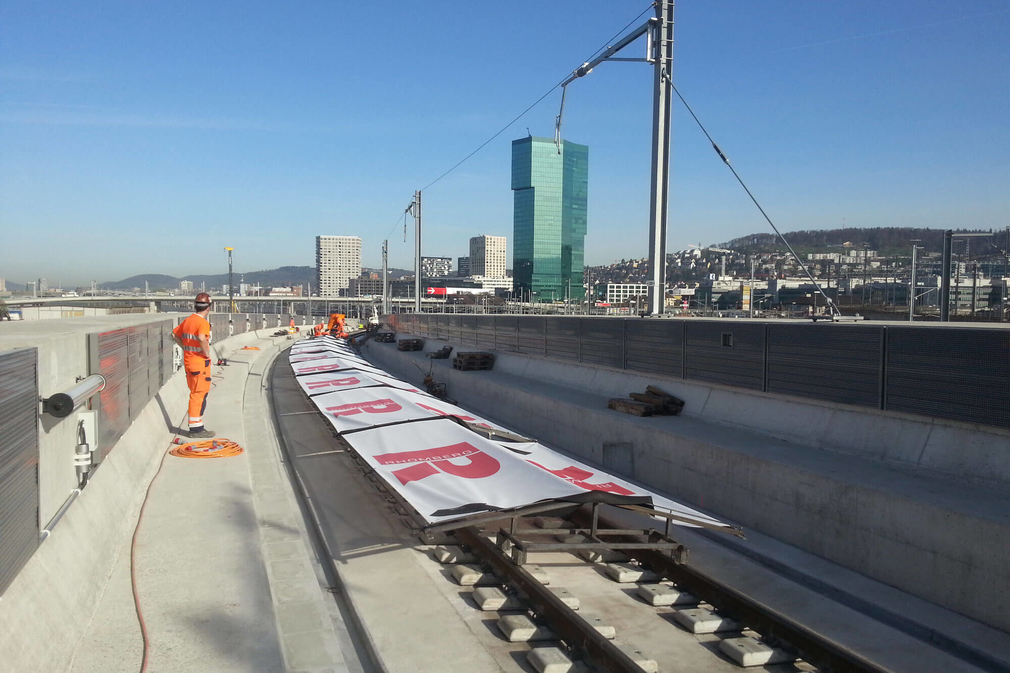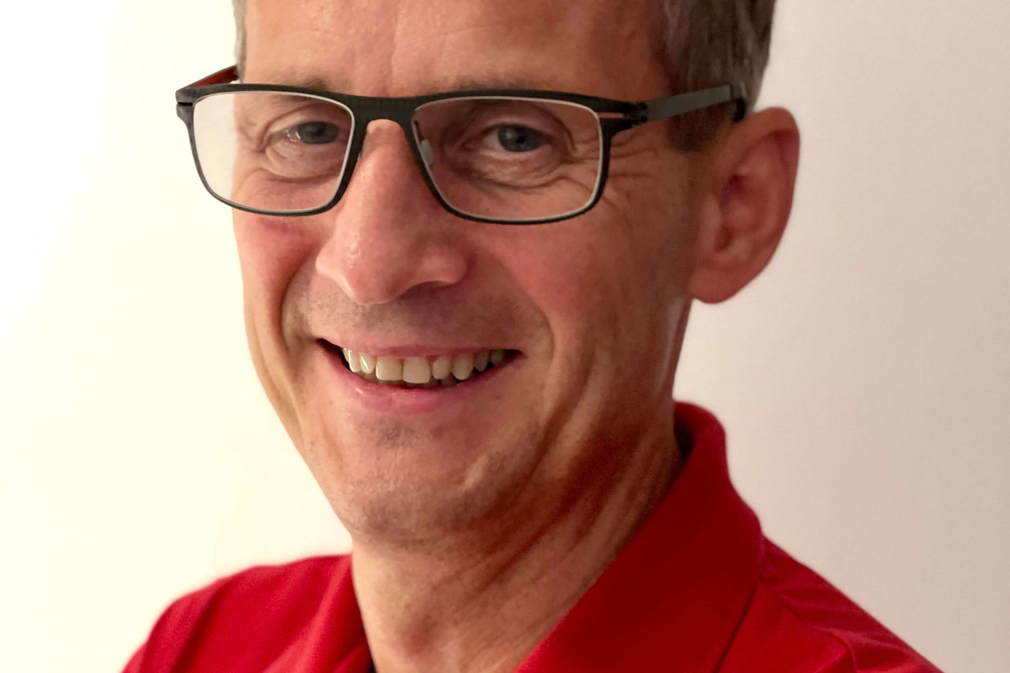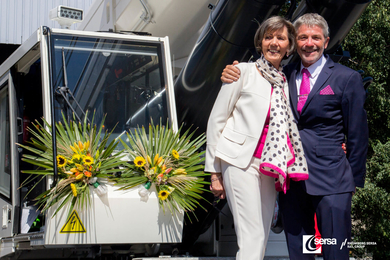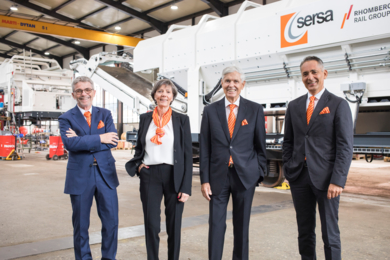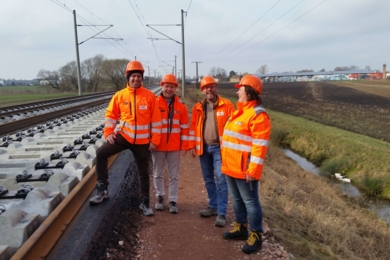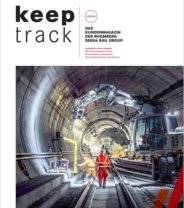10 Years of the Rhomberg Sersa Rail Group, as recounted by Dominko Bilic, project manager, responsible for rail projects from calculation up to project handover, sees his task as looking after the wellbeing of all project participants on site and to see that there is consensus between the client, construction management, supervisors and foremen so that the joint contract can be fulfilled. With the company since 1996.
I started as a foreman with Rhomberg Bahntechnik in 1996 and developed further to the level of project manager through working on projects, as I always put my hand up when new tasks needed to be taken on. Since 2012 I have been working in Switzerland. To me, the merger between Rhomberg and Sersa was a logical development.
Building is fun
It was also logical that there would be some obstacles to overcome initially. Rhomberg came from the project business, Sersa mainly from the rental and leasing sector. Each company’s thinking was different and according to a different business model. The colleagues at Sersa calculated in terms of assignments and shifts, whereas we had to fulfil a performance schedule and calculated in terms of working hours. Many of the employees on the construction site, including myself, were weekly commuters. In the beginning, we divided up our sections separately until there were “defectors” who also wanted to be in construction. They saw that construction could also be fun. A spirit had emerged that was appealing. Now and again, a beer would be enjoyed together after a successful day at work and was part of developing the “we”. There is a lovely photograph from 2014 where two foremen - one from Rhomberg, the other from Sersa - are cheering each other with a Coke Zero. I think we succeeded well in handing over responsibility. “This is your baby now” is something we said often, and by doing so, we not only challenged our employees but also encouraged them and allowed them to develop further. To strengthen the cohesion in the group, we organised many barbecues to which the owners (Hubert and Koni) were also invited.It was also logical that there would be some obstacles to overcome initially. Rhomberg came from the project business, Sersa mainly from the rental and leasing sector. Each company’s thinking was different and according to a different business model. The colleagues at Sersa calculated in terms of assignments and shifts, whereas we had to fulfil a performance schedule and calculated in terms of working hours. Many of the employees on the construction site, including myself, were weekly commuters. In the beginning, we divided up our sections separately until there were “defectors” who also wanted to be in construction. They saw that construction could also be fun. A spirit had emerged that was appealing. Now and again, a beer would be enjoyed together after a successful day at work and was part of developing the “we”. There is a lovely photograph from 2014 where two foremen - one from Rhomberg, the other from Sersa - are cheering each other with a Coke Zero. I think we succeeded well in handing over responsibility. “This is your baby now” is something we said often, and by doing so, we not only challenged our employees but also encouraged them and allowed them to develop further. To strengthen the cohesion in the group, we organised many barbecues to which the owners (Hubert and Koni) were also invited.
From chaos to a happy ending
My emotional highlight of the last ten years was the successful completion of the Albis Tunnel in 2016. Everything that could go wrong went wrong at the beginning of this project. Right from the start it was chaotic: Our calculations were waved aside as “wishful thinking”. I decided to take on the challenge despite this. When the first building phase began, it had to be without me, as my father had passed away. In addition, it was a “building with third parties” for the first time, a BM3 project. This meant that we had to organise everything ourselves and coordinate all the services. This was a big challenge for the mixed Rhomberg-Sersa teams. The tension could not only be felt amongst us but also from the customer’s side. At 6 a.m. on Sunday, bringing croissants, Koni Schnyder came to the construction site to give us moral support and to also liaise with the client. We only started moving in the right direction after we had changed several things and had taken appropriate action on the side of the employees. After all the ups and downs and after each one of us had thrown themselves into the task, the completion was successful. What a relief and what a wonderful feeling!
How we go about things now
After 10 years of working together, we in the group understand that we are a joint construction firm. This is evident from the latest CEVA project in Geneva. Here employees from Rhomberg Bahntechnik, employees from Sersa, and machinery from Sersa are all at work. There is an understanding now for the different areas, we are already familiar with the people and we know what makes them tick. Now everyone understands better that we jointly have to think and act in a way that conserves resources.
Our success factors
In the first place, I regard the personalities of Hubert Rhomberg and Koni Schnyder as crucial for our success. They have always given us the freedom to execute projects as we saw fit. An open culture of positive error management was practised. Both were close to the ground and always present in the initial phases after the merger. As the second success factor, I see our preparedness to tackle challenging projects. We always saw ourselves as playing in the Champions League with our regional team. If I look back, I realise that we had a fantastic time in the small units. I was there when Hubert’s idea of the “slab track” was built for the first time. It was an open invitation: “Whoever wants to be part of this, is welcome!” In other companies, there is much discussion, a lot of weighing up of different things to be considered. It takes a long time to make a decision. Our motto has always been: “Let them do their thing because they know what they are doing!” For the success and the further development of the group, I find it important and good that part of the turnover is invested in research and innovation.
My vision for 2032
My vision for 2032 is: The hourly accounting of all employees is automated and this is done via a mobile phone or a similar device. Employees can trust that their working hours and their commute to work are recorded without any effort on their part. Employees can decide for themselves how they want to work throughout the year. We are open to career changers who will be supported and guided by our older, more experienced employees. We cooperate more and much more intensely with rail operators. The focus of our conversations with clients and partners is: “How can we do this together?” Not everything is about making things cheaper - a new way of thinking has taken place in society. We are at the forefront of digitisation, in control technology, in the use of battery-powered machinery and new types of locomotives. In other words, a role model for how the phasing out of fossil fuels can be achieved.
